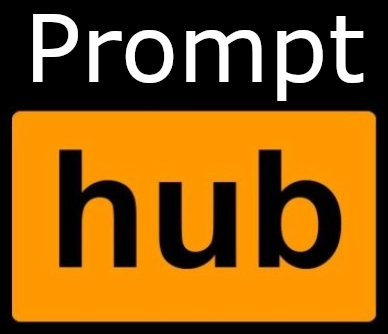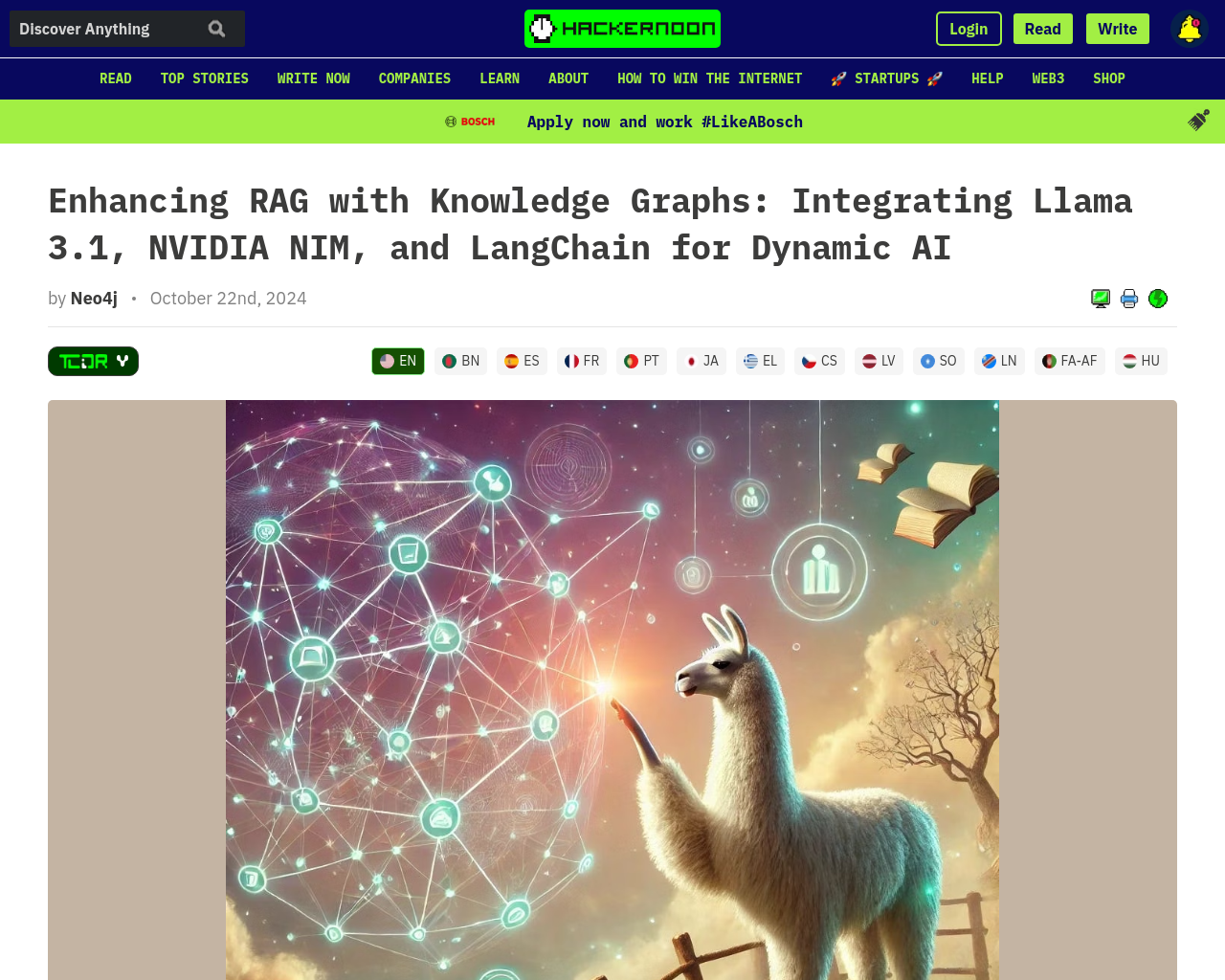- Retrieval-augmented generation (RAG) focuses on unstructured text, but the author prefers retrieval systems over structured information like knowledge graphs.
- Implementing a retriever over a knowledge graph with information from FDA Adverse Event Reporting System (FAERS) is demonstrated in the blog post.
- The best current solution proposed is dynamic query generation with a logic layer to generate database queries deterministically from predefined input parameters.
- Function-calling support in LLMs is essential for advanced use cases like using multiple retrievers based on user intent or building multi-agent flows.
- The process involves understanding a user’s question, deciding which function to call, generating parameters, and dynamically creating a database query to retrieve relevant information.
自分の意見:
関連情報を取得するためのデータベースクエリの生成において、動的なクエリ生成が最も効果的であると考えられる。これにより、ユーザー入力の柔軟性を保ちつつ、クエリ生成プロセスを制御し、一貫性を確保できる。LLMの機能呼び出しサポートは、ユーザーの意図に基づいて複数のリトリーバーを使用したり、マルチエージェントフローを構築するなど、高度なユースケースにとって重要である。

